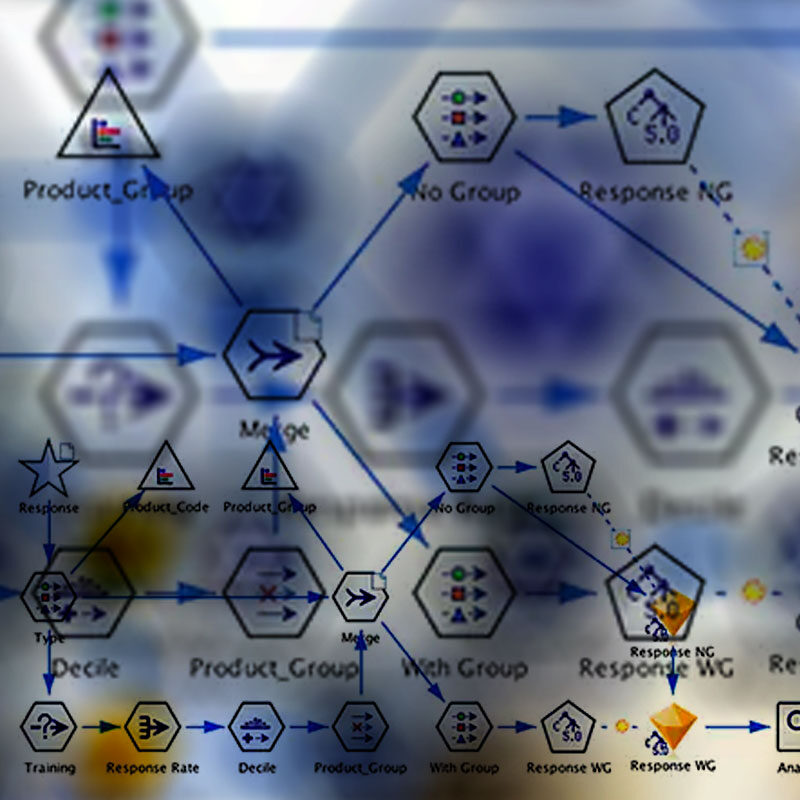Currently Empty: $0
Data Mining & Applied Machine Learning
$100 – $200
- Course Duration: 12 weeks
- Total Video Length: 41:33 hours
- Target Audience: Enthusiasts of advanced analysis and modeling (Data Analysts and Data Scientists)
- Prerequisites: Dive into Data Science, Statistics for Data Science
- Instructor: Dr. Zahra Zolghadr
- Lifetime access to course videos and the option for free retraining in hybrid format
- Language: Persian
This course is designed to familiarize students and researchers with the implementation of data mining processes, such as data preparation and building predictive models using specialized data mining software. By gaining a deep understanding of various problem types in this field and developing a comprehensive insight into problem-solving methods, you will be better prepared to approach data-driven analysis with a broader perspective. Python will be used as the tool for the practical implementation throughout the course.
The hybrid courses include the following:
- Video Content:
In the hybrid course format, all educational materials—including the instructor’s voice and image, desktop screen, and whiteboard presentations—are recorded and edited in a studio environment. These high-quality video lessons are then made available to participants. - Mentoring Service:
However, the videos are only part of the learning experience. For each week’s content, we offer a two-hour online mentoring session. These sessions are usually scheduled on weekdays (Monday to Friday) outside of business hours. After watching the video lessons, you can ask any questions or clarify doubts directly with the instructor during the live mentoring session, fostering a direct interaction with the course instructor.
Additionally, instructors can use this service to monitor the progress of remote participants, track assigned tasks, and follow up on exercises. - Telegram Support:
For each ongoing program, a dedicated Telegram group will be created, where all participants of hybrid courses will be added. In this group, you can share resources, discuss content-related questions, ask individual queries, and engage in discussions. The course instructors are also present in this group and will respond to inquiries as much as possible. - Certificate:
At the end of the hybrid courses, participants will receive a certificate. The certificate is issued in English, can be verified online, and is shareable on social media platforms.
The self-paced courses include the following:
- Video Content:
In the self-paced format, all educational materials—including the instructor’s voice and image, desktop screen, and whiteboard presentations—are recorded and edited in a studio environment. These high-quality video lessons are then made available to participants. - Telegram Support:
For each ongoing program, a dedicated Telegram group will be created, where all participants of self-paced courses will be added. In this group, you can share resources, discuss content-related questions, ask individual queries, and engage in discussions. The course instructors are also present in this group and will respond to inquiries as much as possible. - Certificate:
Self-paced courses do not include certification.
| Course Type | Hybrid, Self-paced |
|---|---|
| Syllabus | • Introduction to Data Science Fundamentals |


